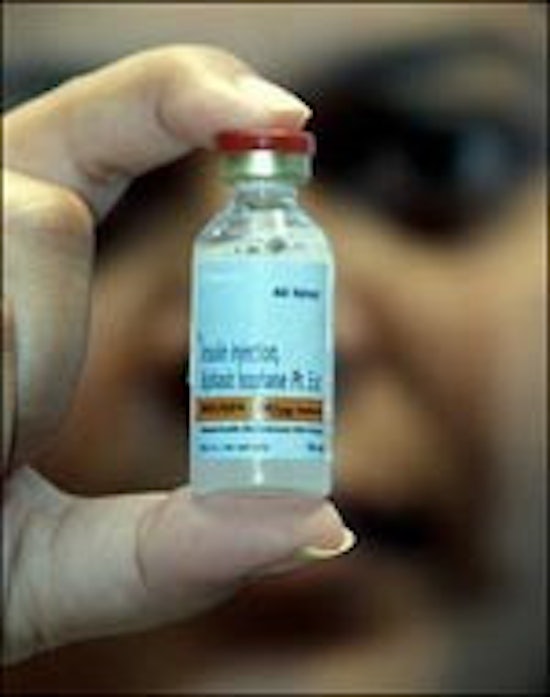Diabetes and glucose tolerance tests necessary with cardiology tests

Many patients admitted for cardiology tests also suffer from diabetes and impaired glucose tolerance and should be checked for these conditions, according to a New Zealand study which could be also relevant in Australia.
Diabetes is an important health problem in New Zealand, particularly among Maori and Pacific Islanders, but it has been estimated that those with diagnosed diabetes represent only half the people living with diabetes. Early identification of diabetes and other impaired glucose metabolism conditions can lead to lifestyle and pharmacological treatment, which can reduce the risk of subsequent cardiovascular events.
The New Zealand study carried out at the Wellington Hospital, included 297 patients between March and December 2004 who had been hospitalised for cardiology testing.
Impaired glucose metabolism (diabetes, impaired glucose tolerance or impaired fasting glucose) was present in 46.1% of patient; 22.9% of the patients were unaware they had impaired glucose metabolism;
.2% of patients had metabolic syndrome, a term used to describe the clustering of risk factors including obesity and hypertension.
The research concluded that “the core problem in many of these patients is central obesity and physical inactivity. Treatment should focus on lifestyle interventions aimed at reducing central obesity and promoting physical activity as well as pharmacologic therapies aimed at reducing overall cardiovascular risk. We recommend routine screening for glucose metabolism and metabolic syndrome of all patients who are admitted to hospital for cardiology testing.”










